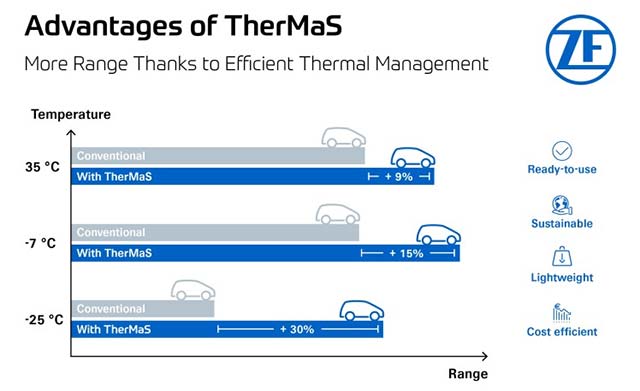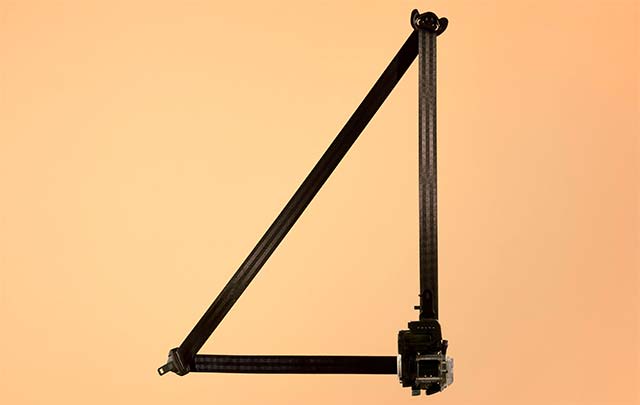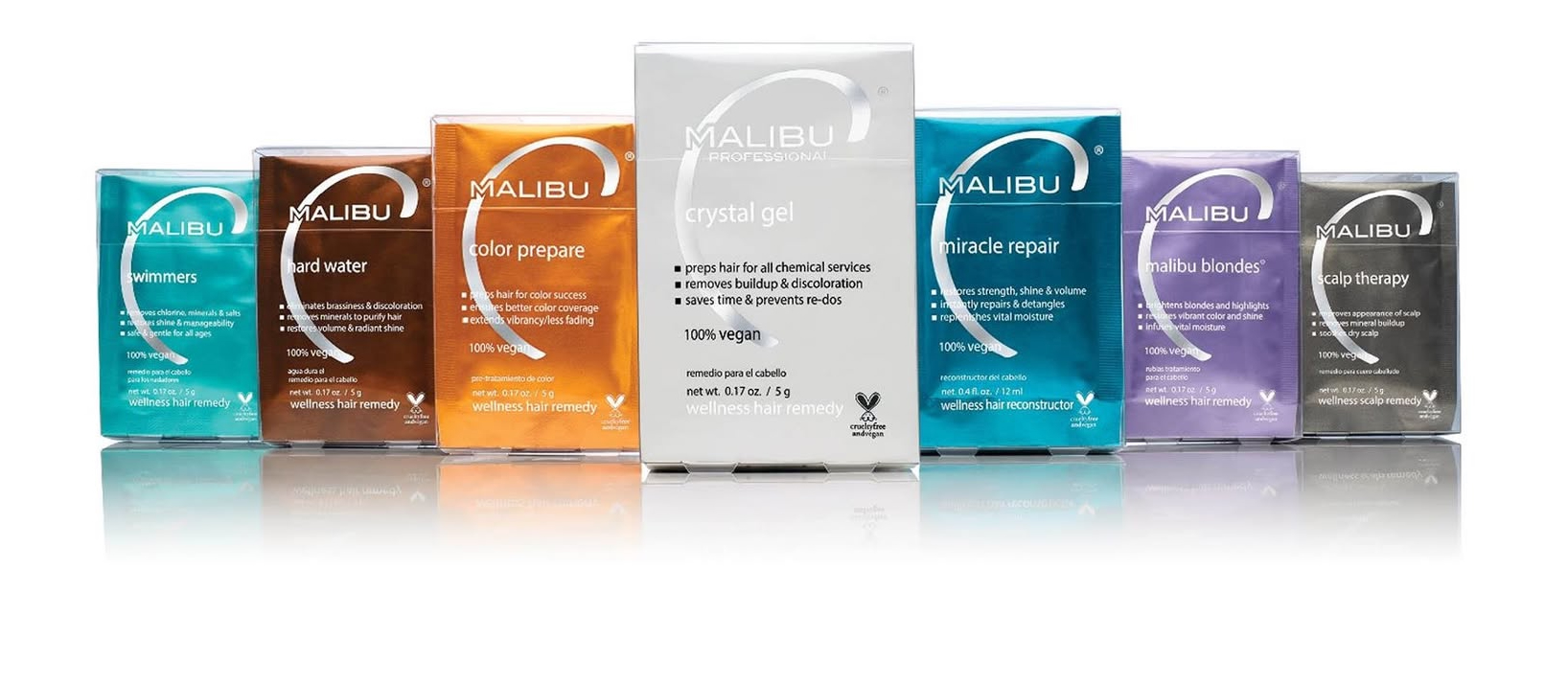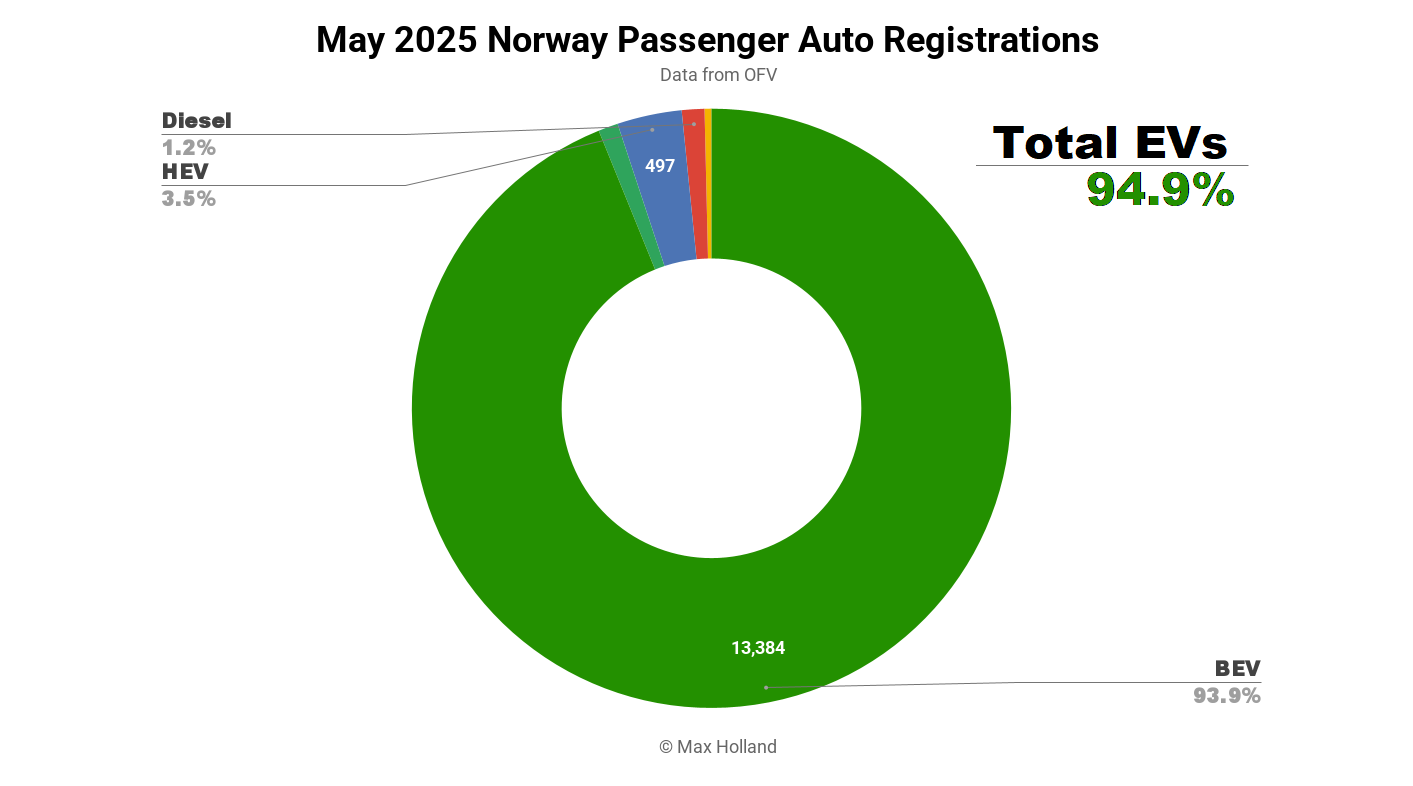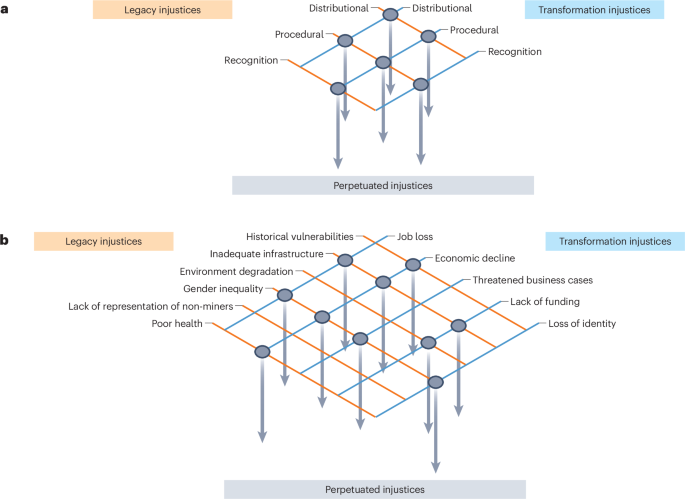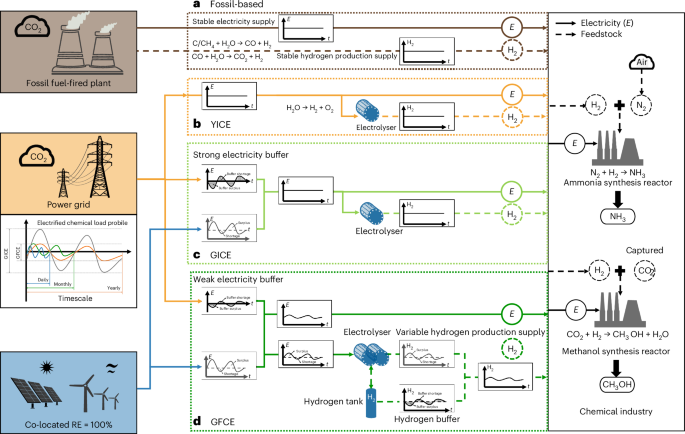Defra is currently mulling a requirement for grapes from all English vineyards to be whole bunch picked in order to qualify for PDO status, db can exclusively reveal.
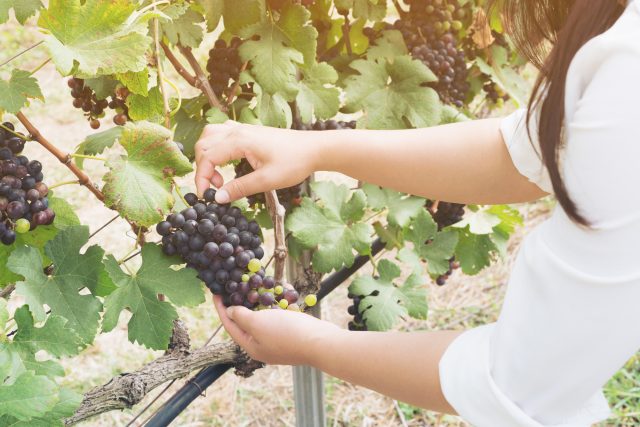
When English county Sussex was
granted protected designation of origin (PDO) status for its sparkling wines in June 2022 after a seven-year fight, one of the requirements was that grapes grown in the region must be picked by hand.
Now, a push is underway to apply the same rule across all English vineyards,
the drinks business has learned.
Speaking at the recently opened Campden BRI wine lab in Surrey, which is the only facility allowed to certify PDO Sussex wines, Dr Gregory Dunn, industry development and technical manager, said: "The request is currently with Defra because they [WineGB] want to change some things. They want to make it all hand-harvested to qualify for the English PDO."
According to Dunn, a decision is expected to be reached by the end of the year.
PDO amendments
The principal reason behind proposing the amendments to the English PDO was "to ensure that the use of the words England, English, Britain and British are protected," says WineGB chair Nicola Bates.
“From consultations with our members the majority were in favour of ensuring that whole-bunched harvesting would be the preferred approach," she adds. "Any adjustments to the PDO would be run past Defra, which would open up any significant changes in a ‘process to contest’. It would then be their consultation that would determine whether this, or any other modifications, occur.”
Whole bunch picking is slightly different from hand picking as when the technology develops, says Bates, "it could be carried out by robots."
Until Defra has finished reviewing the potential amendments, Bates confirms, PDO work in Great Britain has been "temporarily paused".
"We are cautiously hopeful that the Government will listen to our sensible suggestions," she says.
Why whole bunch?
When bunches of grapes are left in tact the stalks can add enhanced aromatics and complexity to a wine's flavour during fermentation, and some believe it leads to silkier tannins. Whole bunch picking can also lend 'freshness' to wines; a buzz word among both consumers and the trade right now.
The decision to pick whole-bunch is often dictated by the clone of grape used along with the vineyard site and age of the grapes, and many English wineries already do so. The PDO amendment would simply make it mandatory, if it gets green lighted.
Post-bottle analysis
Wine producers currently pay around £115 for
Campden BRI to carry out the post-bottling analysis required to grant the Sussex PDO stamp of approval. This takes place once per vintage per wine.
"We provide accreditation and make sure that no faulty wines go out to market that could damage the reputation of English wine," Dunn adds. "It all comes through here."
The highly-qualified lab team analyses a wine's chemistry before conducting a "no-faults test". Among the checks Campden carries out are ABV, microbrial growth, protein stability/instability, acids, sugars and preservatives including sulphur dioxide, and pressure for sparkling wine. Samples also undergo organoleptic tasting, where analysts assess colour, taste, aroma and more.
"If we fail a wine then producers have the right to appeal," explains Dunn, who previously headed up the wine division at Plumpton College, which trains oenologists and viticulturists to undergraduate and postgraduate levels.
"Not a lot of winemakers are happy about being told there's something wrong with their wine in my experience," says senior analytical chemist Robert Pride, who Campden managed to coax over from Australia, where he worked for the likes of Yalumba, to run the new lab. "The most memorable faults are the ones where a client suspects there is a fault and ask us to confirm it."
Opened in September 2024, Campden BRI is a world-class facility designed to foster the improvement and growth of English wine. It's also the only UK lab that can provide English wineries with VI-1 export certificates to ship their wines to Europe under EU legislation. The requirement was
finally scrapped for wine imported into the UK in 2021, but VI-1 forms remain for wine leaving the UK headed to Europe.
"We are the gatekeepers for UK wine that leaves this country," says Dunn.
Storm in a teacup
The issue of English PDOs remains somewhat contentious. Shortly after the Sussex PDO was granted in 2022, a handful of producers from other English regions dismissed the ruling as little more than a “PR exercise” and demanded to know why Sussex had been singled out for special treatment.
In an interview with
db, Simon Thorpe, WineGB chair at the time, called the backlash
"a storm in a teacup" but conceded that “you don’t need a PDO system to be able to talk about the great characteristics of an area. I’m not sure you need to establish a PDO in order to tell those stories.”
Winemakers sporting the Sussex PDO on their labels have met certain quality requirements including hand harvesting, restricting yields and ageing wine in the bottle for a minimum of 15 months before release. Wines must also be assessed by Campden BRI for their clarity, aroma, taste and the characteristics of their bubbles.
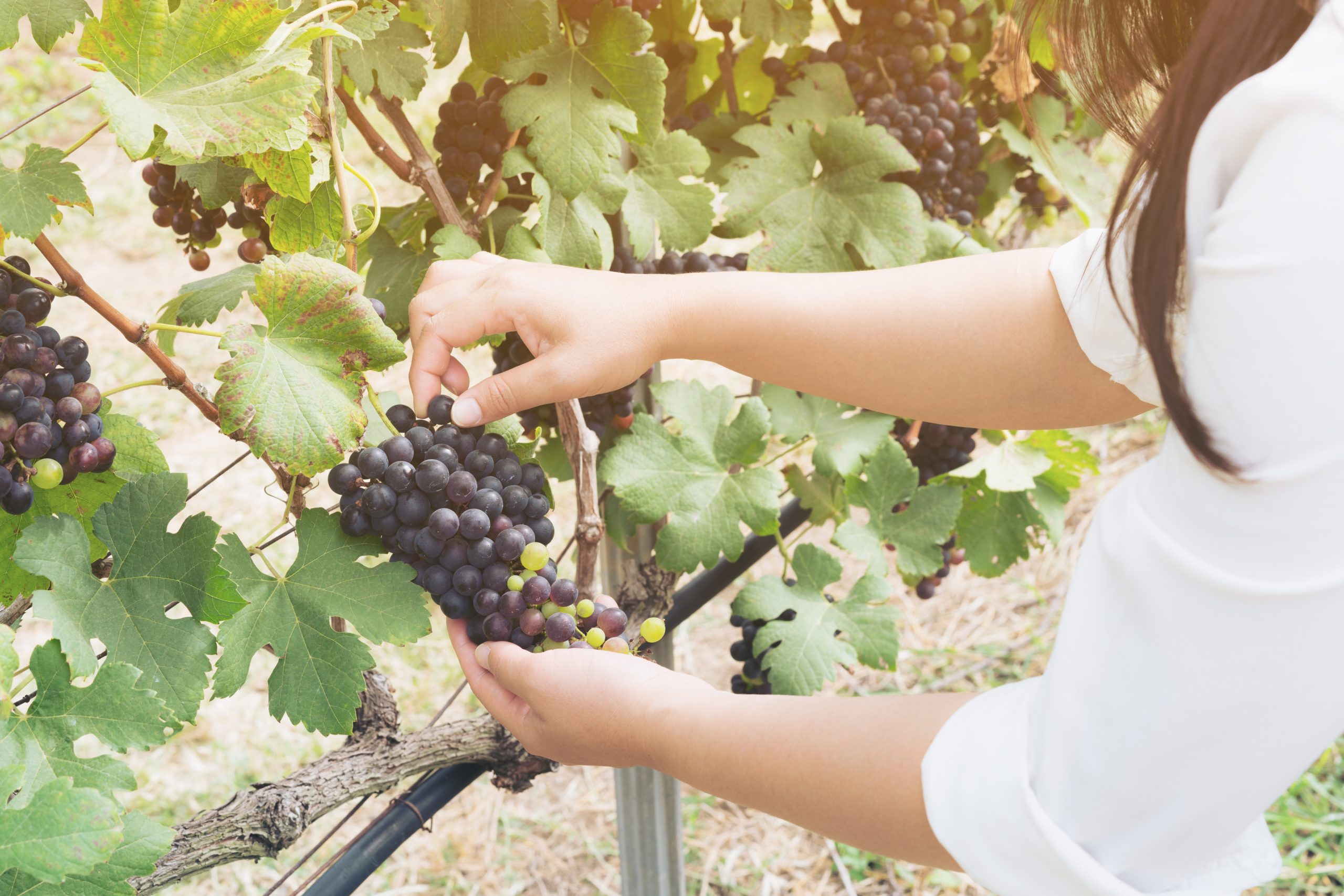
 When English county Sussex was granted protected designation of origin (PDO) status for its sparkling wines in June 2022 after a seven-year fight, one of the requirements was that grapes grown in the region must be picked by hand.
Now, a push is underway to apply the same rule across all English vineyards, the drinks business has learned.
Speaking at the recently opened Campden BRI wine lab in Surrey, which is the only facility allowed to certify PDO Sussex wines, Dr Gregory Dunn, industry development and technical manager, said: "The request is currently with Defra because they [WineGB] want to change some things. They want to make it all hand-harvested to qualify for the English PDO."
According to Dunn, a decision is expected to be reached by the end of the year.
When English county Sussex was granted protected designation of origin (PDO) status for its sparkling wines in June 2022 after a seven-year fight, one of the requirements was that grapes grown in the region must be picked by hand.
Now, a push is underway to apply the same rule across all English vineyards, the drinks business has learned.
Speaking at the recently opened Campden BRI wine lab in Surrey, which is the only facility allowed to certify PDO Sussex wines, Dr Gregory Dunn, industry development and technical manager, said: "The request is currently with Defra because they [WineGB] want to change some things. They want to make it all hand-harvested to qualify for the English PDO."
According to Dunn, a decision is expected to be reached by the end of the year.









